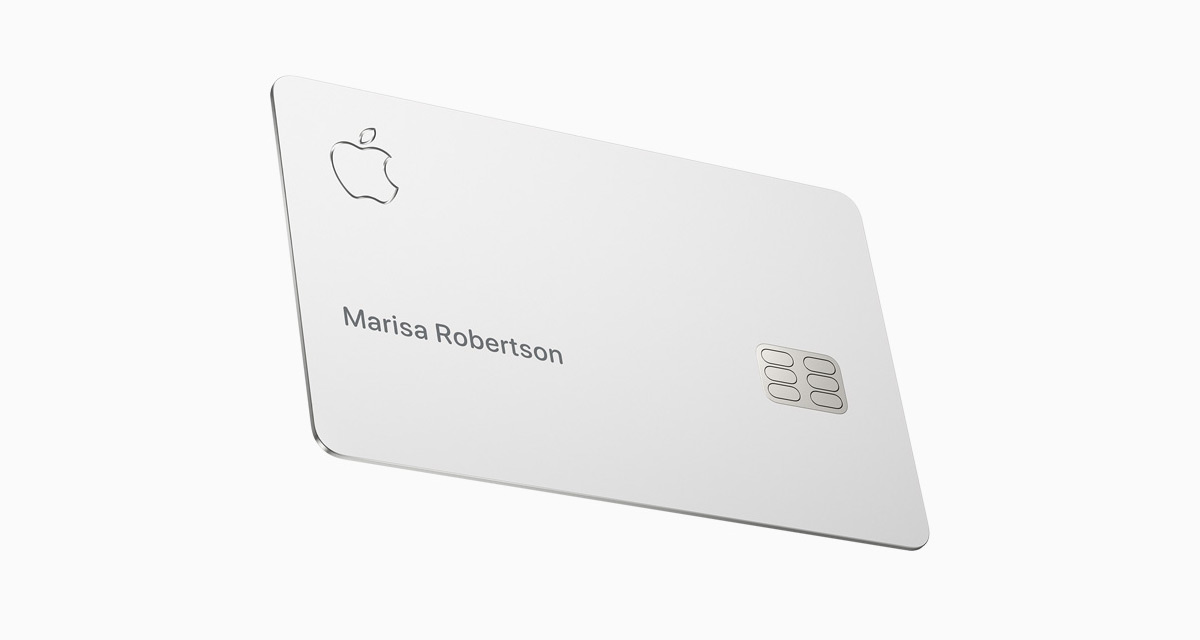Apple has finally announced the launch of its Apple Card savings account to anyone in the United States who has one of its credit cards.
The announcement came via a press release posted to Apple’s newsroom website, with the company noting that its 4.15% APY is more than 10 times that of the national average.

It also notes that there are no fees, minimum deposits, or minimum balance requirements applied to its savings account. The account itself is backed by US bank Goldman Sachs.
Setting up a new savings account requires just a few taps in the Wallet app with all Daily Cash earned automatically added to that account. Users can also add their own money if they wish as well.
Once a Savings account is set up, all future Daily Cash earned by the user will be automatically deposited into the account. The Daily Cash destination can also be changed at any time, and there’s no limit on how much Daily Cash users can earn. To build on their savings even further, users can deposit additional funds into their Savings account through a linked bank account, or from their Apple Cash balance.

All funds can be taken out of the savings account when required, with Apple saying that it can be done at any time and with no fees applied.
This is of course only available to people in the United States, which is the only country where Apple Card is available. That might change in the future, but we haven’t heard much about that in recent months.
You may also like to check out:
- Download: iOS 16.4.1 OTA File, IPSW Links Out Now
- How To Fix Bad iOS 16 Battery Life Drain [Guide]
- Jailbreak iOS 16.4.1 On iPhone And iPad Latest Status Update
- iOS 16 Compatible And Supported iPhone, iPad, iPod touch Devices
- iOS 16 Hidden Features: 100+ Changes Apple Didn’t Tell Us About
- Download: iPadOS 16.4 Final OTA File, IPSW Links Released
- Install macOS Ventura On Unsupported Macs Using OpenCore, Here’s How
You can follow us on Twitter, or Instagram, and even like our Facebook page to keep yourself updated on all the latest from Microsoft, Google, Apple, and the Web.

